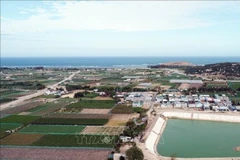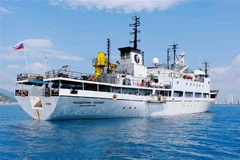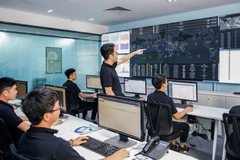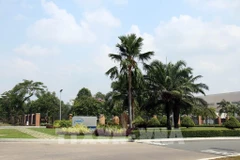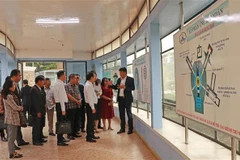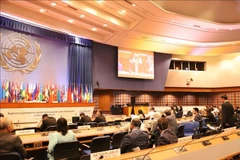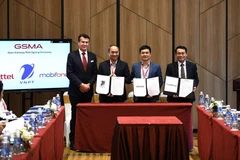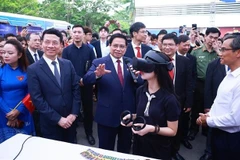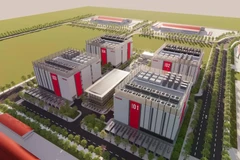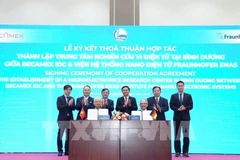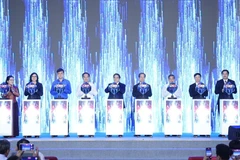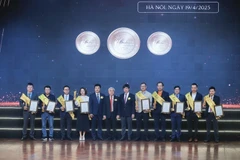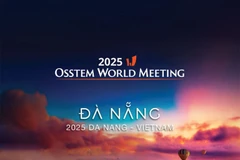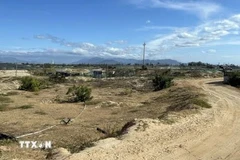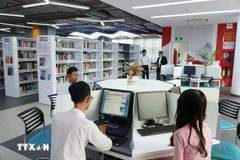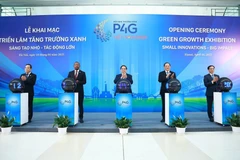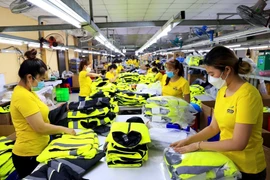Arepresentative from Intel Products Vietnam, which accounts for morethan half of all the total investment in the Saigon Hi-Tech Park, saidthat its plant is test running its first production line and it expectsto export its first chips in the third quarter of this year.
Intel decided to increase its investment in the plant to 1billion USD in 2006, making it the largest chip assembly and testingfacility the US group has built anywhere in the world.
In late June, the park’s management board granted a licence to theJapanese Nidec Copal Precision Company to design and produceprecision motors and spare parts used in mobile and digital devices. Theplant is estimated to cost 70 million USD and is scheduled to startoperating in April 2011.
According to the managementboard, 86 investors have enquired about business opportunities sincethe beginning of this year. Twenty of the 42 enterprises in the park,mainly in high technologies, telecoms and precision engineering, areoperational and have made 174.7 million USD from exports.
At the Nam Sai Gon Industrial Zone and the Tan Thuan Export-ProcessingZone, FDI hi-tech projects have recorded some encouraging initialresults. Worthy of note is a project to design and producesemi-conductors by the Renesas Group from Japan . The Group is alsoplanning to build a second design centre in the Tan ThuanExport-Processing Zone.
The HCM CityExport-Processing and Industrial Zone also welcomed three foreigninvestors that operate in the hi-tech industry in the first half of2010.
These promising signs are an indication thatthe city’s strategy to develop its hi-tech industry and are in line withthe country’s policy for attracting FDI in the future, which gives toppriority to hi-tech industries, including electronics, micro-electronicsand biological products.
However, investors stillface a wide range of challenges when investing in the city, especiallythe lack of skilled workers.
To deal with this,Nidec Copal Precision has said it will increase the use of automation tolessen its dependence on human resources. Intel Products Vietnam hasalso paid out 4 million USD in scholarships to help talented Vietnamesestudents study foreign language courses in the US./.
